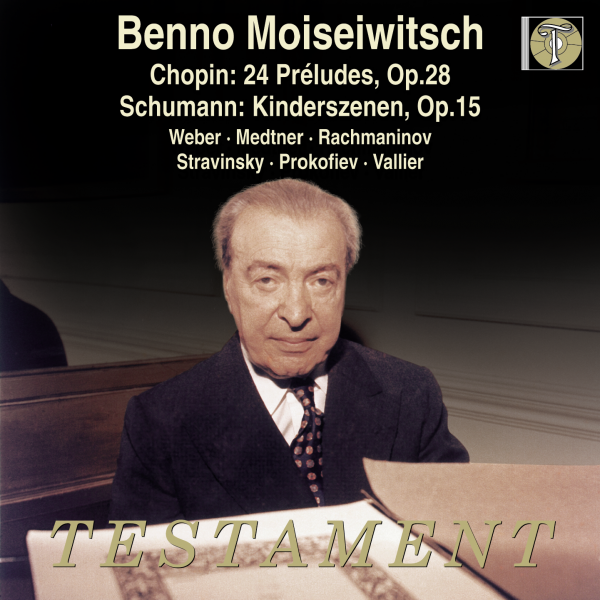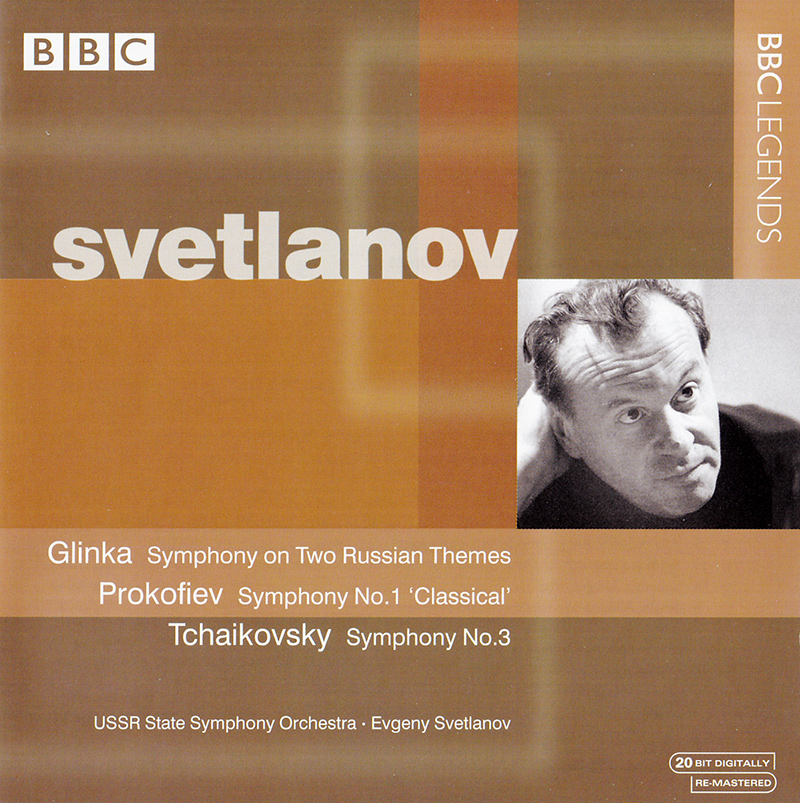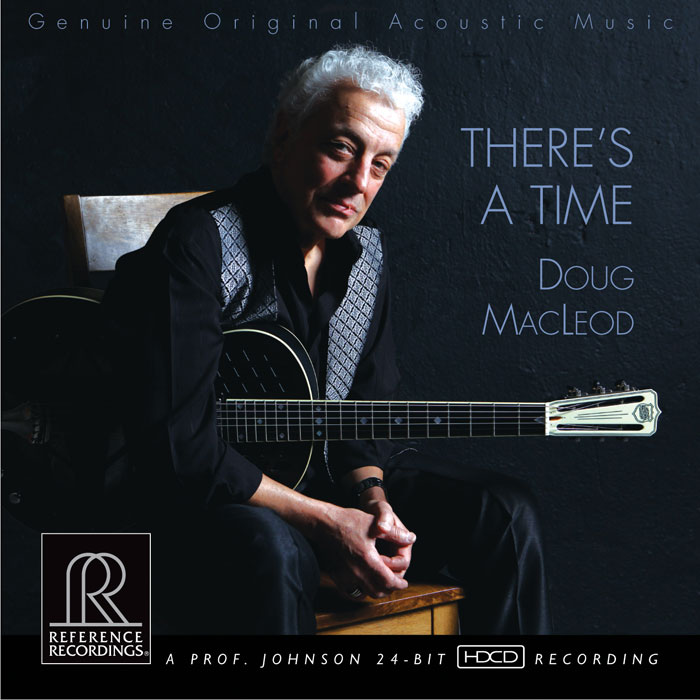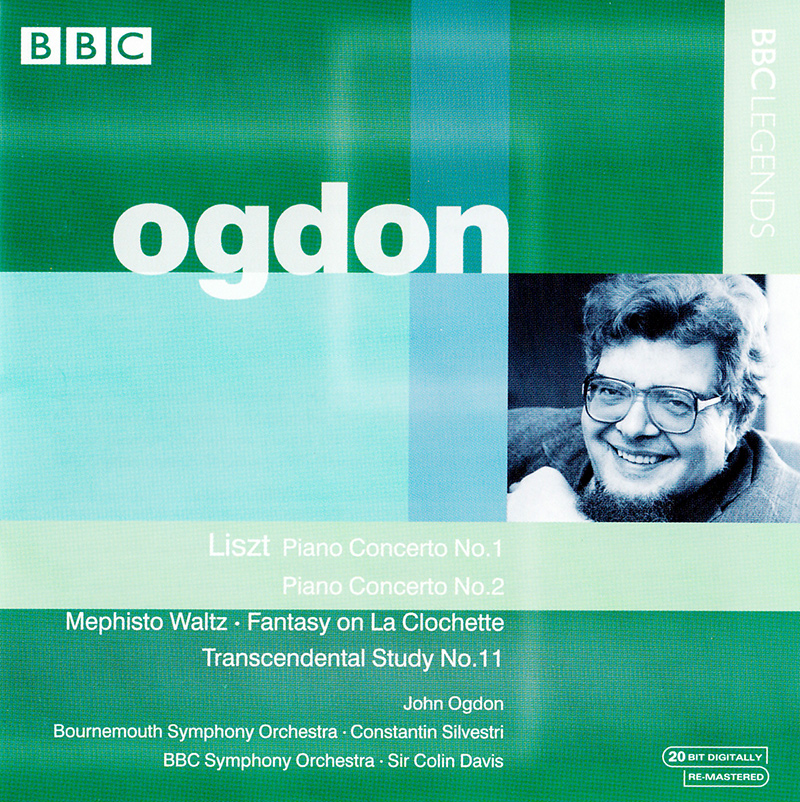Logowanie
OSTATNI taki wybór na świecie
Nancy Wilson, Peggy Lee, Bobby Darin, Julie London, Dinah Washington, Ella Fitzgerald, Lou Rawls
Diamond Voices of the Fifties - vol. 2
Tylko 1000 egzemplarzy!!!
DVORAK, BEETHOVEN, Boris Koutzen, Royal Classic Symphonica
Symfonie nr. 9 / Wellingtons Sieg Op.91
nowa seria: Nature and Music - nagranie w pełni analogowe
Petra Rosa, Eddie C.
Celebrating the art and spirit of music - vol. 3 - Pure
warm sophisticated voice...
Peggy Lee, Doris Day, Julie London, Dinah Shore, Dakota Station
Diamond Voices of the fifthies
Tylko 1000 egzemplarzy!!!
SAMPLER - STS DIGITAL, Buddy Tate, Milt Buckner, Walace Bishop
Jazz Masters - Legendary Jazz Recordings - v. 1
proszę pokazać mi drugą taką płytę na świecie!
Chesky! Niezmiennie perfekcyjny
Winylowy niezbędnik
ClearAudio
Double Matrix Professional - Sonic
najbardziej inteligentna i skuteczna pralka do płyt winylowych wszelkiego typu - całkowicie automatyczna
CHOPIN, SCHUMANN, Benno Moiseiwitsch
24 preludes, op. 28, Kinderszennen. op. 15
- 1. Preludes (24) for piano, Op. 28, CT. 166-189
- 2. Kinderszenen (Scenes from Childhood) for piano, Op. 15
- 3. Piano Sonata No. 1 in C major ("Perpetuum Mobile"), J. 138 (Op. 24) Rondo (Perpetuum mobile)
- 4. Moments Musicaux (6) for piano, Op. 16 No. 4 in E minor
- 5. Prelude for piano No.16 in G major, Op. 32/5
- 6. Lilacs, song for voice & piano, Op. 21/5
- 7. Prelude for piano No.21 in B minor, Op. 32/10
- 8. A Midsummer Night's Dream, incidental music, Op. 61 Scherzo
- 9. Vivo, for piano (Four Etudes No. 4), Op. 7/4
- 10. Pieces (4) for piano, Op. 4 No. 4, Suggestion Diabolique
- 11. Toccatina, for piano
- Benno Moiseiwitsch - piano
- CHOPIN
- SCHUMANN
“Benno Moiseiwitsch's love affair with the piano spawned numerous fine recordings, though few match this superlative 1948 set of Chopin's Preludes. The first Prelude is candid and forthright, whereas No 4's Largo projects an outspoken top line (and note how sensitively Moiseiwitsch negotiates the accompaniment's constantly shifting harmonies). Desynchronised chords mark the opening of Prelude No 6, while the same Prelude's quiet close segues almost imperceptibly into the gnomic A major (a parallel sense of transition marries Preludes 10 and 11). Bryce Morrison, in his booklet-notes for Testament, singles out No 16 for its dexterity, but the more oratorical Nos 18 and 22 are particularly notable too for their especially keen sense of narrative. But the greatness of these performances lies beyond detail. Much of the magic resides in Moiseiwitsch's ability to balance close-up and landscape, cultivating the individual phrase while keeping an eye on whole paragraphs. His touch, pedalling and attention to contrapuntal side-play are remarkable. These are profoundly individual readings that positively teem with incident. But which CD to choose? Testament's transfer achieves a marginally clearer sound frame, APR a touch more warmth but a tad more surface noise. One minor criticism of Testament's disc: there's a very slight drop in pitch between the end of the 14th Prelude and the beginning of the 15th – not a full semitone, but noticeable enough to trouble those with perfect or relative pitch. APR's transfer is spot-on. Choosing between the two programmes is more problematic. APR's all-Chopin sequence includes fluent accounts of the four Ballades, the Fourth a first-ever release. Odd smudges hardly matter in the face of such compelling musicianship. In the B flat Polonaise it's fascinating to compare Moiseiwitsch with fellow Leschetizky pupil Ignaz Friedman, the one restrained and elegant, the other (Friedman) pointed and rhythmically fierce. Likewise in the A flat Ballade, where Friedman invests the 'Galloping Horse' second set (Sir Winston Churchill's description) with extra impetus, Moiseiwitsch's musical manners are far milder. Testament's makeweights highlight Moiseiwitsch's virtuosity, most memorably in Rachmaninov's reworking of the Scherzo from the Midsummer Night's Dream, which is heard to even better advantage than on the arranger's own recording. So much happens, so quickly and at so many dynamic levels, you can hardly credit the results to a single pair of hands. A Rachmaninov sequence includes a stereo G major Prelude (Op 32 No 5) and a justly famous 1940 account of the sombre B minor Prelude, Op 32 No 10. His primary- coloured 1930 recording of Kinderszenen is a joy. In contrast, lightning reflexes benefit textually bolstered Weber and the dry wit of Prokofiev, Stravinsky and John Vallier. Those fancying an 'Essential Moiseiwitsch' collection should plump for Testament, though Chopin's magnificent Ballades are a significant enough draw to push the scales in APR's direction. It really is a matter of repertory preferences. Both discs are extremely well annotated.” (Gramophone Classical Music Guide, 2010) From this well-chosen sampler, it's possible to tell both why Benno Moiseiwitsch was so esteemed by connoisseurs and why he has been largely forgotten. In the major Chopin and Schumann works, Moiseiwitsch's refinement is outstanding. He can float a lyrical line with moving emotion, and since that's mostly what the Schumann requires, this 1930 performance (very nicely restored) is a total success. In some of the Chopin Preludes, the pianist resists the opportunity to make a real splash, and the result might seem a bit disappointing to those who want more extroversion. The Mendelssohn-Rachmaninov "Midsummer Night's Dream" Scherzo and Stravinsky Etude are dazzling in their speed and clarity. His Rachmaninov miniatures are totally convincing. But in Prokofiev's "Suggestion diabolique," the pianist's fury is too restrained, compared with such powerhouses as Richter and Prokofiev himself. If you enjoy Moiseiwitsch's poetry and don't insist on a different kind of musical personality, this will prove a very satisfying collection. The audio engineers have managed to make recordings ranging from 1930 mono to 1956 stereo surprisingly consistent in sound. (Leslie Gerber)

































